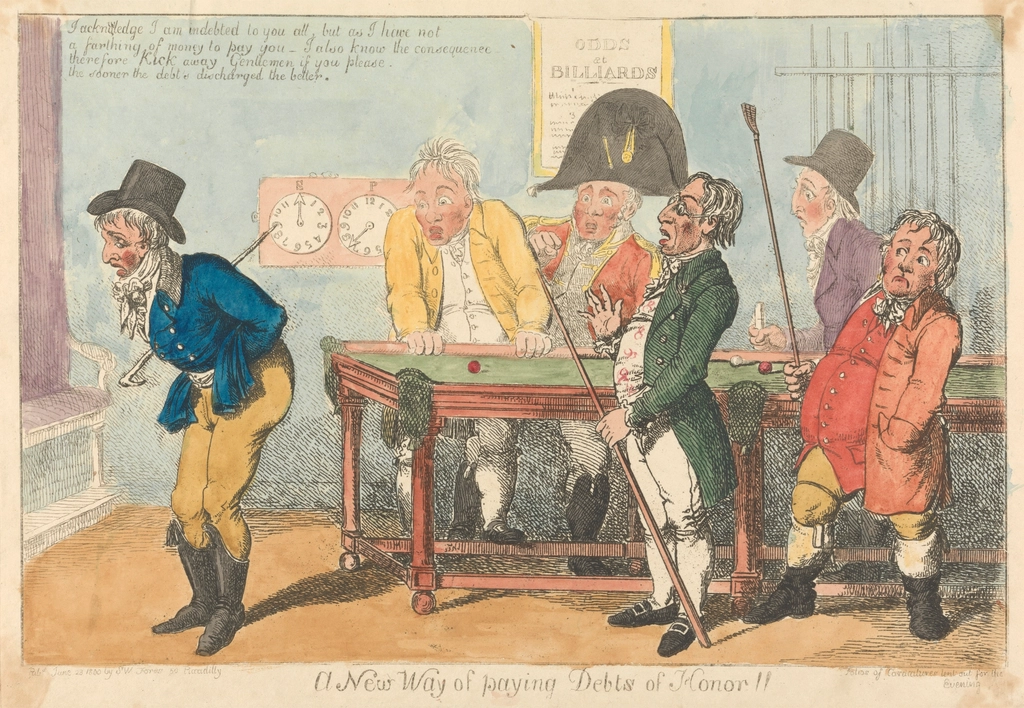This is a typical case where shareholders are held jointly and severally liable for a company’s debts after the revision of the Company Law of the People’s Republic of China. The plaintiff is a certain new materials group company from Guangdong (Company A), and the defendants are Mr. Li and Chengdu certain industrial company (Company B), with the case being a contract dispute.
Article 23 of the Company Law of the People’s Republic of China: If a company’s shareholders abuse the independent legal person status of the company and the limited liability of the shareholders to evade debts, causing serious harm to the interests of the company’s creditors, they shall bear joint and several liability for the company’s debts. If a shareholder uses two or more companies under its control to commit the acts specified in the preceding paragraph, each of the companies shall bear joint and several liability for the debts of any one of the companies.

Basic Facts of the Case
The plaintiff, Company A, claims that Defendant Mr. Li collected a “deposit” of 20 million yuan on behalf of Defendant Company B, and requests both defendants to return the principal of 20 million yuan and its interest after the contract expires. Defendant Company B argues that the 20 million yuan claimed by the plaintiff as a “deposit” has no factual or legal basis. The 20 million yuan is a one-time economic compensation paid by Plaintiff Company A to Defendant Company B based on the provisions of the “Memorandum,” and the plaintiff has no right to request its return. Defendant Mr. Li argues that the money he collected from the plaintiff was on behalf of Defendant Company B, and he should not bear any personal responsibility. Upon trial, it was found that on July 31, 2018, Defendant Mr. Li, on behalf of Defendant Company B, signed a “Memorandum” with the plaintiff, reaching an agreement on the cooperation of the pipe equipment automation order project: 1. Party A (Company B) agrees to limit sales to three parties (including domestic and international) within three years; 2. Party A shall provide comprehensive free services within three years, including training personnel, workshop layout, etc.; 3. Equipment spare parts shall be provided free of charge for one year, and spare parts at a low price thereafter until the plaintiff has mastered them; 4. Party B (plaintiff) shall have priority in enjoying the new products developed by Party A; 5. Party B shall place orders for all equipment from Party A at the same price within three years. On the same day, the plaintiff and Defendant Company B signed three “Order Contracts,” stipulating that the plaintiff shall order equipment from Company B, and the contract shall take effect upon payment of a 30% deposit. On August 1, 2018, Defendant Mr. Li issued a receipt to the plaintiff, stating “I have received a payment of 20 million yuan from Guangdong certain new materials group company for equipment.” Later, Mr. Li provided his personal bank account information for payment via WeChat to the plaintiff. On August 8, 2018, the plaintiff transferred 20 million yuan to the personal account provided by Defendant Mr. Li, noting it as payment for goods. At the same time, the plaintiff transferred the deposit for the above three contracts to the designated account of Defendant Company B using its company account. On that day, the plaintiff informed Mr. Li via WeChat that the equipment deposit of 674.88 yuan and 20 million yuan had been paid, and requested him to check. From 2018 to 2021, the plaintiff and Defendant Company B successively signed seven contracts, with a total contract amount of about 22 million yuan; during this period, they also involved matters such as the plaintiff commissioning Company B to purchase other equipment. In the lawsuit, both parties confirmed that except for the 20 million yuan in question, the rights and obligations stipulated in the “Order Contracts” had been performed or settled by agreement. During the transaction between the two parties, except for the receipt dated August 1, 2018, and the WeChat chat record dated August 8, 2018, there were no other written materials or chat records involving the 20 million yuan in question. It was found that Defendant Mr. Li was one of the shareholders of Defendant Company B and also the legal representative of the company; the personal account he used to collect the 20 million yuan in question was also used for the daily business income and expenses of Defendant Company B and Mr. Li’s personal income and expenses.
Disposition of the Case
The first-instance court rendered a judgment on April 26, 2023, ordering:
Defendant Company B shall, within ten days of the effective date of this judgment, return 20 million yuan and its interest (calculated at the one-year loan market quoted rate published by the National Interbank Funding Center from January 5, 2023, until the actual date of return) to Plaintiff Company A;
Defendant Mr. Li shall bear joint and several liability for the aforementioned debt of Defendant Company B;
The other claims of Plaintiff Company A are rejected. Both defendants were dissatisfied and filed an appeal. The second-instance court rendered a final judgment on November 1, 2023, upholding the original judgment and rejecting the appeal.
Lessons from the Case
From the details of the case, it is evident that the plaintiff made a payment of 20 million yuan based solely on a receipt from the legal representative of the counterparty in the contract, and the purpose of the funds mentioned on the receipt and noted on the remittance slip (payment for goods) was inconsistent with the plaintiff’s assertion in the lawsuit (deposit). Moreover, the WeChat conversations between the parties did not clearly specify the nature of the 20 million yuan, and neither the “Memorandum” nor the “Purchase and Sale Contract” mentioned it at all. This means that the plaintiff’s assertion that the 20 million yuan was a “deposit” is not directly proven by evidence. On the other hand, the defense and evidence presented by the defendants, claiming that the 20 million yuan was compensation for the patent technology or other services provided by them, combined with the specific content of the “Memorandum” signed by both parties, has a certain credibility. Therefore, whether the plaintiff can successfully recover the 20 million yuan in question is actually subject to significant litigation risks. The risks arise from the plaintiff’s pursuit of the convenience and efficiency of commercial transactions while neglecting the certainty and safety of such transactions. The court, after examining the statements of both the plaintiff and the defendant and analyzing the strength of their evidence, ultimately ruled in favor of the plaintiff company based on the preponderance of evidence. Additionally, in this case, Defendant Company B’s use of shareholder Mr. Li’s personal account for business operations is a common and prominent issue in commercial activities. Such actions blur the distinction between the personal property of the shareholder and the company’s property, undermining the corporate legal person’s statutory and necessary property independence, and thereby damaging the legitimate rights and interests of the company’s creditors. Therefore, Article 20, Paragraph 3 of the Company Law of the People’s Republic of China stipulates that if a company’s shareholders abuse the independent legal person status of the company and the limited liability of the shareholders to evade debts, causing serious harm to the interests of the company’s creditors, they shall bear joint and several liability for the company’s debts. Based on this, the court ordered Defendant Mr. Li to bear joint and several liability for Defendant Company B’s debt to protect the legitimate rights and interests of the plaintiff.
Research Insights
This case is a common commercial contract dispute for small and medium-sized enterprises. The court, in a situation where both the plaintiff and the defendant held their own grounds, ruled for the defendant to return the funds based on the preponderance of evidence established after review. particularly, the court ordered the shareholder to bear joint and several liability when the defendant company’s assets were mixed with the personal property of the shareholder. This not only effectively protected the plaintiff’s litigious rights but also served as a typical example for enterprises and shareholders engaged in similar behaviors. Additionally, although the plaintiff ultimately won the lawsuit, the legal risks in the governance process of the plaintiff company are still worth noting. While pursuing business efficiency, enterprises should not neglect the certainty and safety of transactions. When conducting large-sum financial transactions, it is necessary to ensure that contract terms are clear and that the purpose of the funds is consistent with the contract content; a standardized retention mechanism should be established for evidence such as contracts, receipts, bank transfer records, and communication records during transactions, to be prepared for future needs; pre-emptive measures should be strengthened to prevent commercial legal risks, and compliance audits should be conducted for important business actions to ensure the legality of the actions and the integrity of the evidence.
